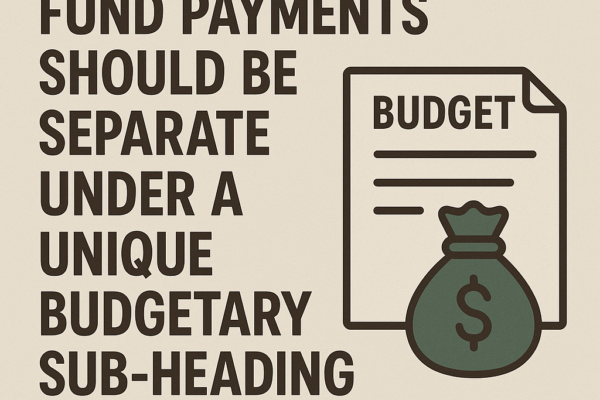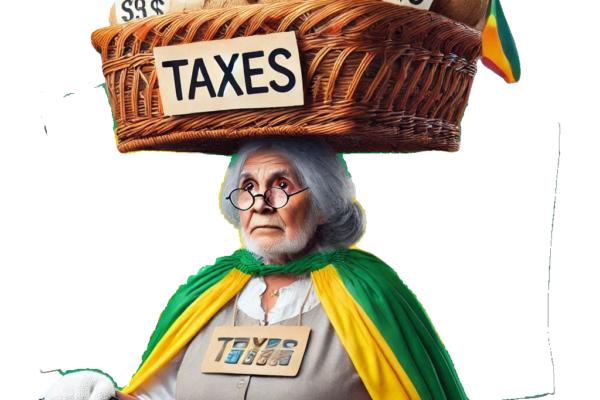
Why Guyana’s crude oil exports must be excluded from US import tariff
The recent US reciprocal Tariff Schedule for Guyana, 76/38 % is not trade-weighted by the amount of Guyana’s exports versus its imports from the US. It appears that Guyana has used its 76% tariff charged to the US as a revenue measure, in a similar way that Trump is attempting to do. For example, fish exported…















